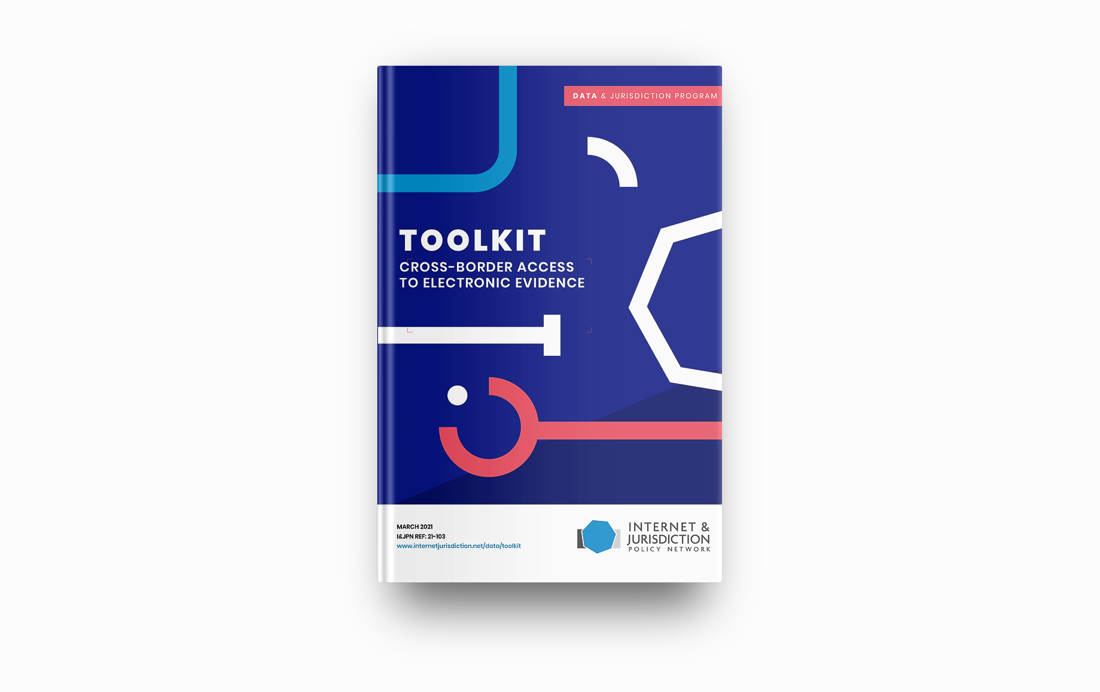6
Dec 2021
Bertrand de La Chapelle spoke at SIRIUS Conference 2021: E-Evidence Across Borders
I&J contributed
December 2, 2021
Bertrand de La Chapelle, Executive Director and Co-founder of the Internet & Jurisdiction Policy Network and Chief Vision Officer at the Datasphere Initiative spoke at the SIRIUS Conference 2021:
E-Evidence Across Borders, taking place from 6 to 8 December 2021.
The SIRIUS project, co-implemented by Europol and Eurojust, is a central reference point in the EU for knowledge sharing on cross-border access to electronic evidence. The project aims to help investigators cope with the complexity and the volume of information in a rapidly changing online environment.
The SIRIUS Conference 2021 took place in an online format, with law enforcement and judicial authorities from all 27 EU Member States.
On 6 December, Mr. de La Chapelle presented the I&JPN Toolkit on Cross-border Access to Electronic Evidence which outlines the ways in which data flows and privacy can be reconciled with lawful access requirements to address crime.
The Toolkit intends to inform public, private, and civil society actors in their own activities and interactions in developing and implementing alternate practices for cross-border access to electronic evidence.
Bertrand de La Chapelle, Executive Director and Co-founder of the Internet & Jurisdiction Policy Network and Chief Vision Officer at the Datasphere Initiative spoke at the SIRIUS Conference 2021:
E-Evidence Across Borders, taking place from 6 to 8 December 2021.
The SIRIUS project, co-implemented by Europol and Eurojust, is a central reference point in the EU for knowledge sharing on cross-border access to electronic evidence. The project aims to help investigators cope with the complexity and the volume of information in a rapidly changing online environment.
The SIRIUS Conference 2021 took place in an online format, with law enforcement and judicial authorities from all 27 EU Member States.
On 6 December, Mr. de La Chapelle presented the I&JPN Toolkit on Cross-border Access to Electronic Evidence which outlines the ways in which data flows and privacy can be reconciled with lawful access requirements to address crime.
The Toolkit intends to inform public, private, and civil society actors in their own activities and interactions in developing and implementing alternate practices for cross-border access to electronic evidence.




